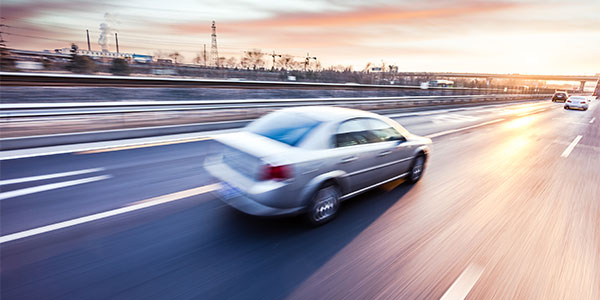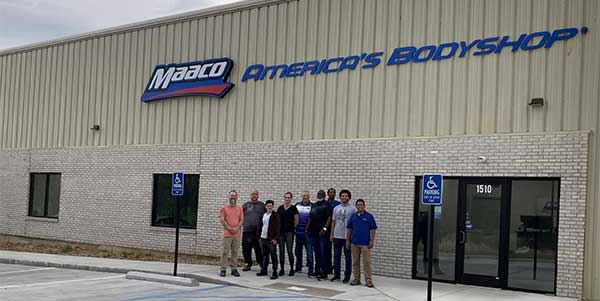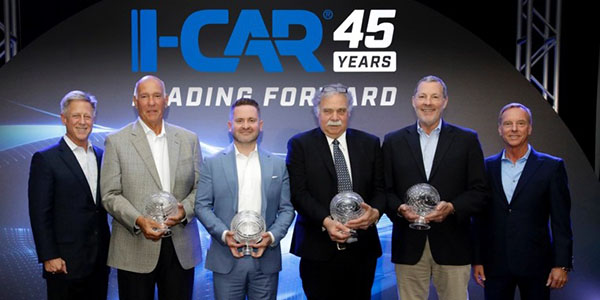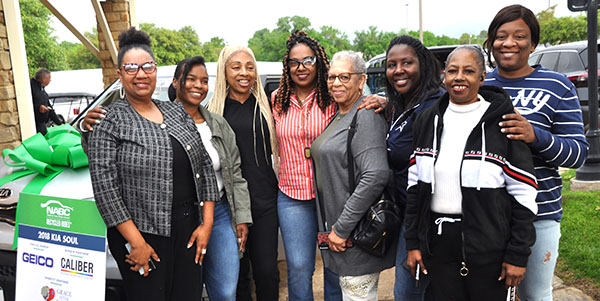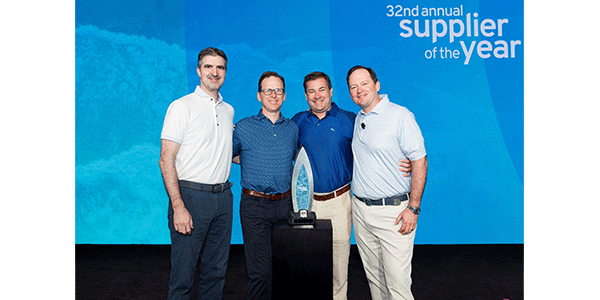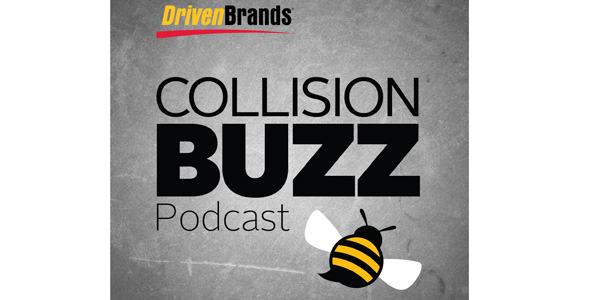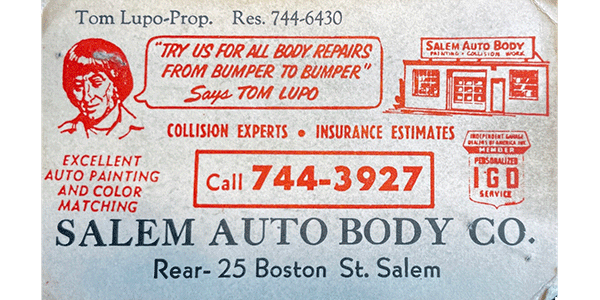A new study by the Insurance Institute for Highway Safety (IIHS) indicates that speeding increased during the morning and afternoon commuting hours in the early months of the COVID-19 pandemic — and drivers never slowed down.
The chances that a Virginia driver was going at least 10 mph over the speed limit rose a little more than 50% during March-June 2020, compared with the same period a year earlier, the study shows. Federal data collected since then indicate that the increase in speeding and other risky driving behaviors continued throughout 2020 and 2021.
“The empty roads probably tempted pandemic-stressed drivers to put the pedal down,” said Jessica Cicchino, vice president of research at IIHS. “But information collected since the lockdowns ended and the roads filled back up suggests that risky driving has become the new normal.”
To learn more about how pandemic lockdowns affected driving behavior, IIHS researchers analyzed data from more than 500 Virginia Department of Transportation speed counters and compared the proportion of vehicles exceeding the speed limit by at least 5 mph and 10 mph in March-June 2020 with the same period in 2019. They then estimated the change in the proportion of drivers speeding by the time of day, day of the week and type of roadway.
Overall, traffic volumes at the study sites fell by a quarter during Virginia’s lockdown — which began with the closure of select businesses, such as restaurants, in mid-March 2020 and culminated with a statewide stay-at-home order that lasted until the middle of May. Over the same period, the proportion of vehicles exceeding the speed limit by 10 mph or more rose 30-40% on all roads other than rural arterials, where there was little change. On weekdays, the proportion of vehicles exceeding the speed limit by at least 10 mph rose 43% between 6 a.m. and 8:59 a.m. and 63% between 3 p.m. and 5:59 p.m.
Those numbers suggest that the absence of rush-hour traffic prompted drivers to step on the gas. National statistics show that this behavior stuck around even after traffic returned to pre-pandemic levels. Higher travel speeds persisted throughout 2020 and 2021, and other forms of risky driving also became more common.
Crash deaths rose 7% in 2020 despite a dramatic decrease in the number of miles Americans drove. Fatal crashes involving speeding or alcohol and deaths of unbelted vehicle occupants saw particularly large increases, National Highway Traffic Administration (NHTSA) figures show. The number of passenger vehicle drivers involved in fatal crashes in which all three factors played a role rose by a fifth, while the number of 18 to 20-year-old drivers killed with a blood-alcohol concentration of 0.08% or higher soared 40%.
As drivers logged more miles in 2021, the pattern continued, according to NHTSA’s early estimates. Speeding-related fatalities rose another 5%, the number of unbelted passenger vehicle occupants killed rose another 3%, and deaths in police-reported, alcohol-involved crashes rose another 5% over 2020 levels.
“With nearly 43,000 lives lost on U.S. roadways last year, we can’t accept this increase in dangerous driving behaviors,” said Cicchino. “We need to double down on implementing proven solutions that have been shown to prevent speeding, like automated speed enforcement and road designs that slow traffic.”

